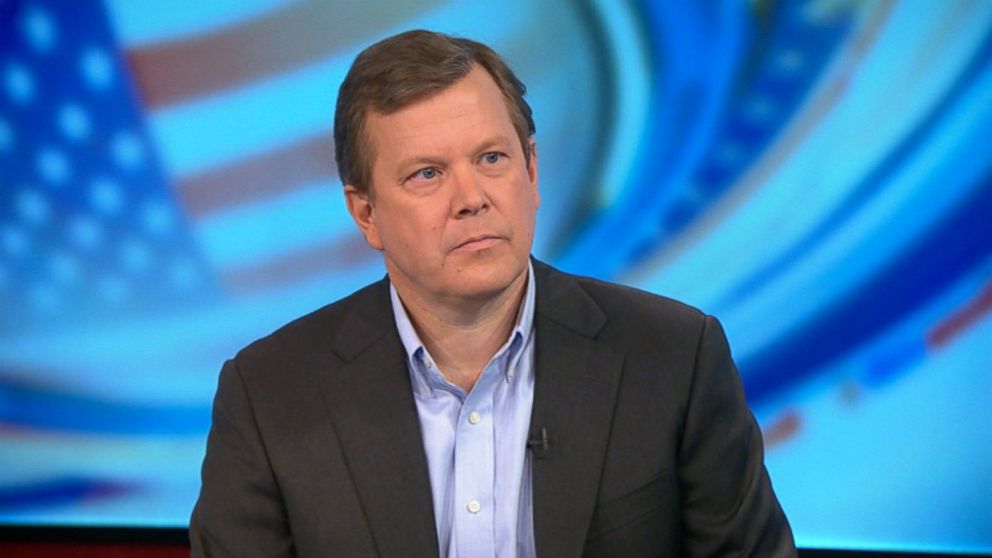'Clinton Cash' Author Defends Upcoming Book
"Smoking gun is in the pattern of behavior," said Peter Schweizer.
— -- The author of a forthcoming book on Hillary Clinton and foreign donations made to her family's foundation defended the accuracy of his research, saying in an interview on ABC's "This Week" today that while he found "no direct evidence" she took official action at the State Department to benefit donors to her family's foundation, the "smoking gun is in the pattern of behavior."
Peter Schweizer's book, "Clinton Cash: The Untold Story of How and Why Foreign Governments and Businesses Helped Make Bill and Hillary Rich," highlights instances in which domestic and foreign companies with pending interests before the State Department made large donations to the Clinton's charitable enterprises or, in some cases, helped underwrite the former president's speeches. The Clinton campaign has adamantly denied these reports, saying Schweizer's book is a distraction and does not produce a "shred of evidence" that she took official action on behalf of donors.
"I think the real question here is … when you ever have an issue with the flow of funds to political candidates, whether that's to campaigns, whether that’s to private foundations, whether that’s to their spouse - is there evidence of a pattern of favorable decisions being made for those individuals?" said Schweizer, an author and conservative think tank fellow. "I think the point that we make in the book is that there is a troubling pattern."
An investigation by ABC News focused on Bill Clinton's speaking fees, which grew substantially when she joined the Obama cabinet and totaled in the tens of millions. It found that several sponsors paid former President Clinton for speeches while they had pending business with the State Department. ABC News also found, however, no proof that Clinton took any direct action to benefit those groups.
A recent report in The New York Times, based on claims made in "Clinton Cash," raised questions about donations made to the Clinton Foundation that coincided with the approval of a Russian uranium deal during her tenure at the State Department. The undersecretary who worked on the deal, however, has said that Clinton was not involved in the sale.
Schweizer said he does not have "direct evidence" that Clinton intervened on the uranium deal, but added that "this is part of the broader pattern" that he said should still be investigated.
"The smoking gun is in the pattern of behavior," he said, later adding, "You either have to come to the conclusion that these are all coincidences or something else is afoot."
In response to recent questions about the Clinton Foundation's disclosure of donors and tax filings, Acting CEO Maura Pally said in a statement today that "yes, we made mistakes … but we are acting quickly to remedy them, and have taken steps to ensure they don't happen in the future."

ABC News' Matthew Mosk and Brian Ross contributed to this report.
A note from “This Week” anchor George Stephanopoulos on May 14, 2015:
“I made charitable donations to the Foundation in support of the work they’re doing on global AIDS prevention and deforestation, causes I care about deeply. I thought that my contributions were a matter of public record. However, in hindsight, I should have taken the extra step of personally disclosing my donations to my employer and to the viewers on air during the recent news stories about the Foundation. I apologize.”




